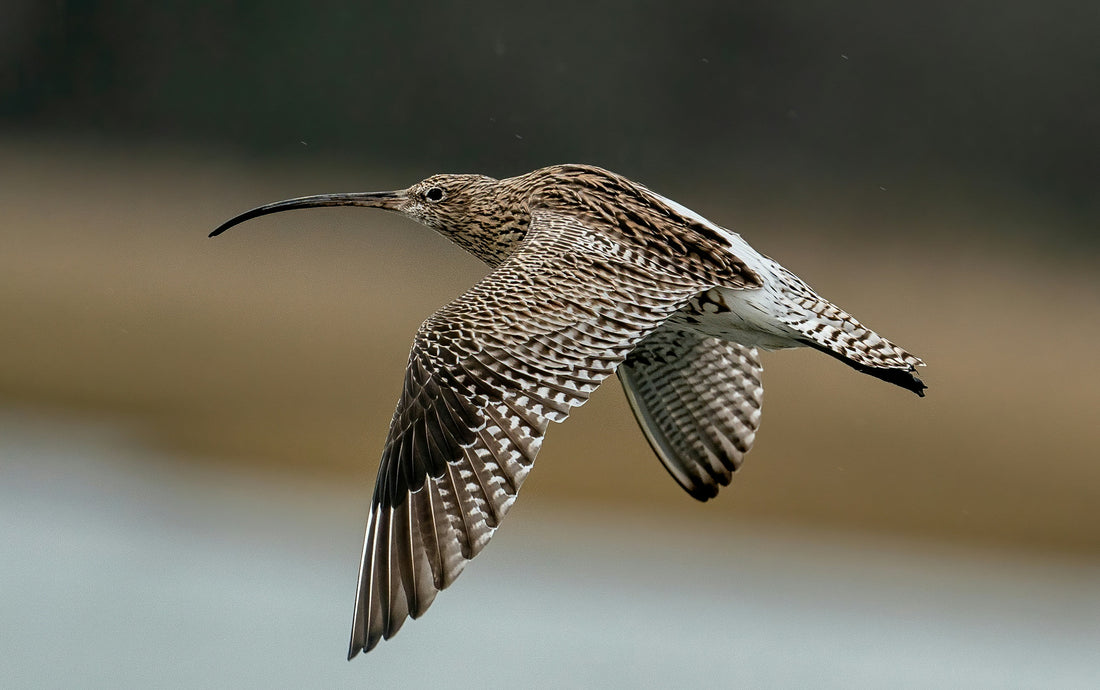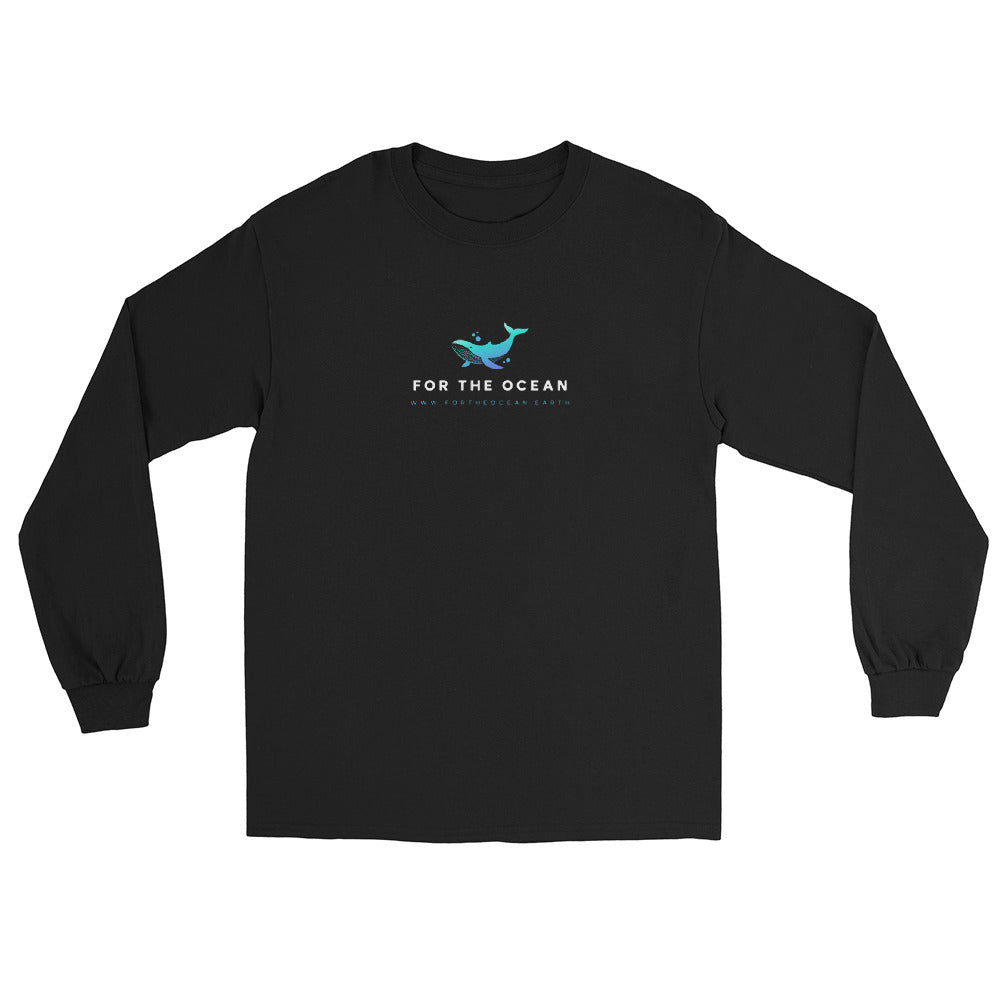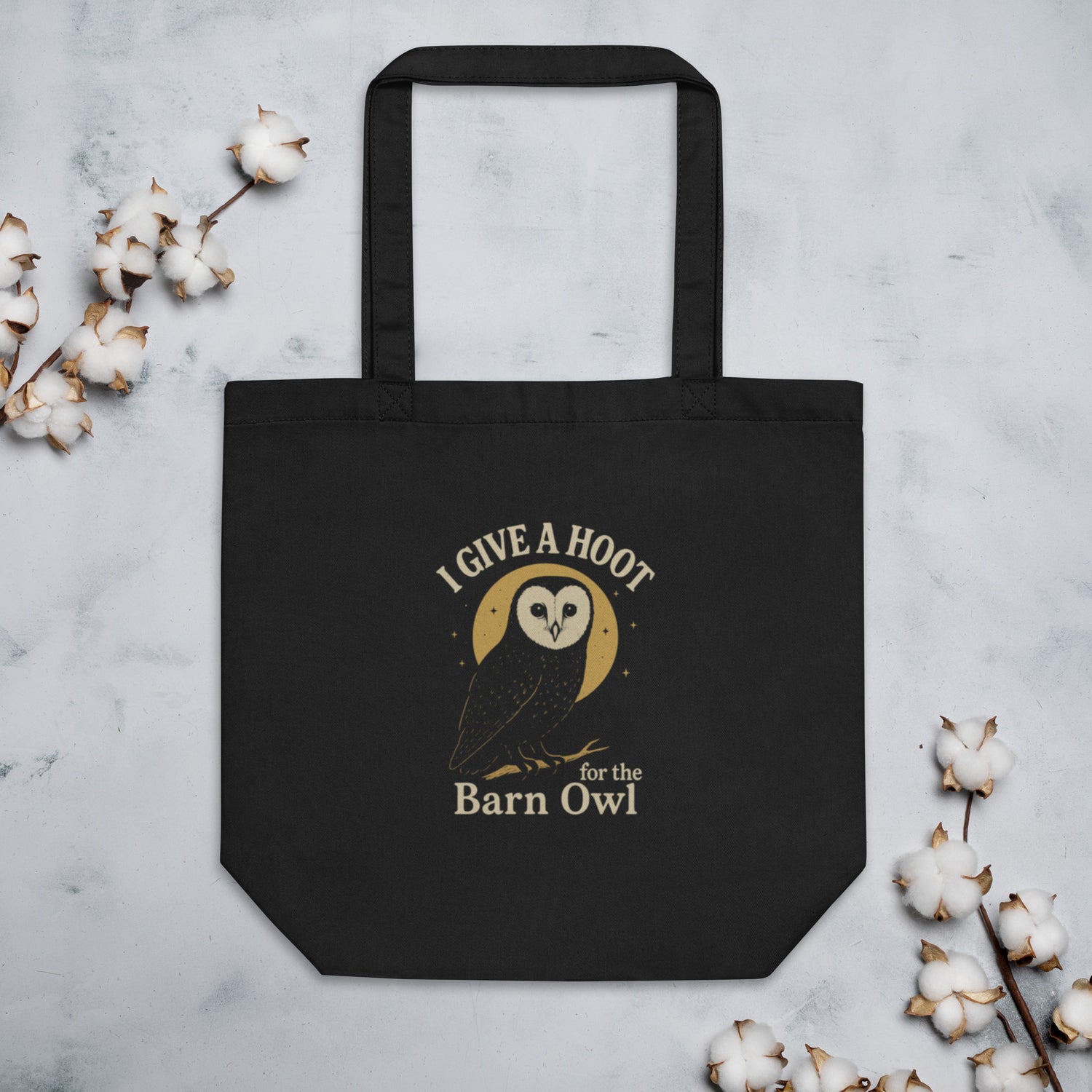
The Cry That’s Fading: Saving the Curlew, The Ghost of the Wetlands
Share
In the soft, open spaces of Ireland — the boglands, meadows, and saltmarshes — there once echoed a haunting, flute-like call. Rising and trembling through the dusk, it belonged to a bird woven into our folklore, our fields, our very sense of wildness: the Curlew.
But now, that call is vanishing.
A Voice on the Brink - The Eurasian Curlew
The Eurasian Curlew, with its long, down-curved bill and mottled plumage, is one of the most distinctive and beloved wading birds in Ireland and the UK. Yet today, this once-familiar bird stands on the brink of extinction in these islands.
In Ireland, fewer than 150 breeding pairs remain — a catastrophic collapse of over 95% since the 1980s. In Northern Ireland and parts of Britain, populations have seen similar declines. The Curlew is now classed as critically endangered in Ireland, and is on the Red List of Birds of Conservation Concern in the UK.
This isn’t just a loss of a species. It’s the loss of a sound, a spirit, a connection to our shared natural heritage.

What Went Wrong?
The story of the Curlew’s decline is not one of a single villain — but of many subtle shifts:
-
The draining of wetlands and bogs for development and agriculture
-
Intensive farming reducing insect food sources and nesting cover
-
Predation by foxes and crows, especially where natural habitats are fragmented
-
Climate changes disrupting breeding seasons and water levels
Curlews are ground-nesters — they lay eggs in open grasslands, often returning to the same spot year after year. But when those places disappear or become dangerous, so do the birds.

Hope on Fragile Wings: Efforts to Save the Curlew
Thankfully, hope is not lost. Across Ireland and the UK, passionate individuals, farmers, scientists, and conservationists are rallying around the Curlew.
Here are some of the major efforts underway:
The Curlew Conservation Programme (Ireland)
Run by the National Parks and Wildlife Service, this programme works with farmers and local communities to protect nests, manage grasslands for safe breeding, and monitor Curlew populations in real-time.
Farming for Nature
Some Irish farmers have become guardians of the Curlew, adjusting mowing times, fencing off nesting zones, and restoring rough pastures that are ideal for rearing chicks.
Technology and AI Monitoring
New pilot projects are trialing AI-enabled cameras and acoustic sensors to detect Curlew calls and nesting behaviours — allowing for targeted conservation without disturbing the birds.
UK Initiatives
In the UK, organizations like the RSPB and Curlew Recovery Partnership are funding habitat restoration, predator control, and public education. Some areas, like the North Pennines and Shropshire Hills, are now acting as Curlew “strongholds.”

How You Can Help Save the Curlew
Even if you’ve never seen a Curlew in the wild, you can be part of the movement to save it:
-
🌍 Support Ethical Brands: Choose businesses that give back to nature. Our Wings of Ireland collection donates proceeds directly to Curlew conservation.
-
🧑🌾 Respect Nature When Exploring: During nesting season (April–July), stay on paths in bogs and grasslands. Unleashed dogs and wandering walkers can destroy nests unknowingly.
-
🎁 Fund a Nest Box or Field Monitor: Through BirdWatch Ireland or other partners, you can donate directly to provide tools and boots-on-the-ground protection.
-
🗣️ Share Their Story: Most people don’t know how close we are to losing this iconic bird. Talk to friends. Post on social media. Help us give the Curlew its voice back.

Let’s Bring the Call Back
When the Curlew sings, it sings for Ireland — for the bogs and meadows, for the ancient harmony between land and life. If we lose that song, something irreplaceable disappears from our world.
But if we act now, if we lift the Curlew on the winds of our care, we may yet hear it again at dusk — wild and free.
Help us save the voice of the wild. Shop consciously. Donate directly. Spread the call.






